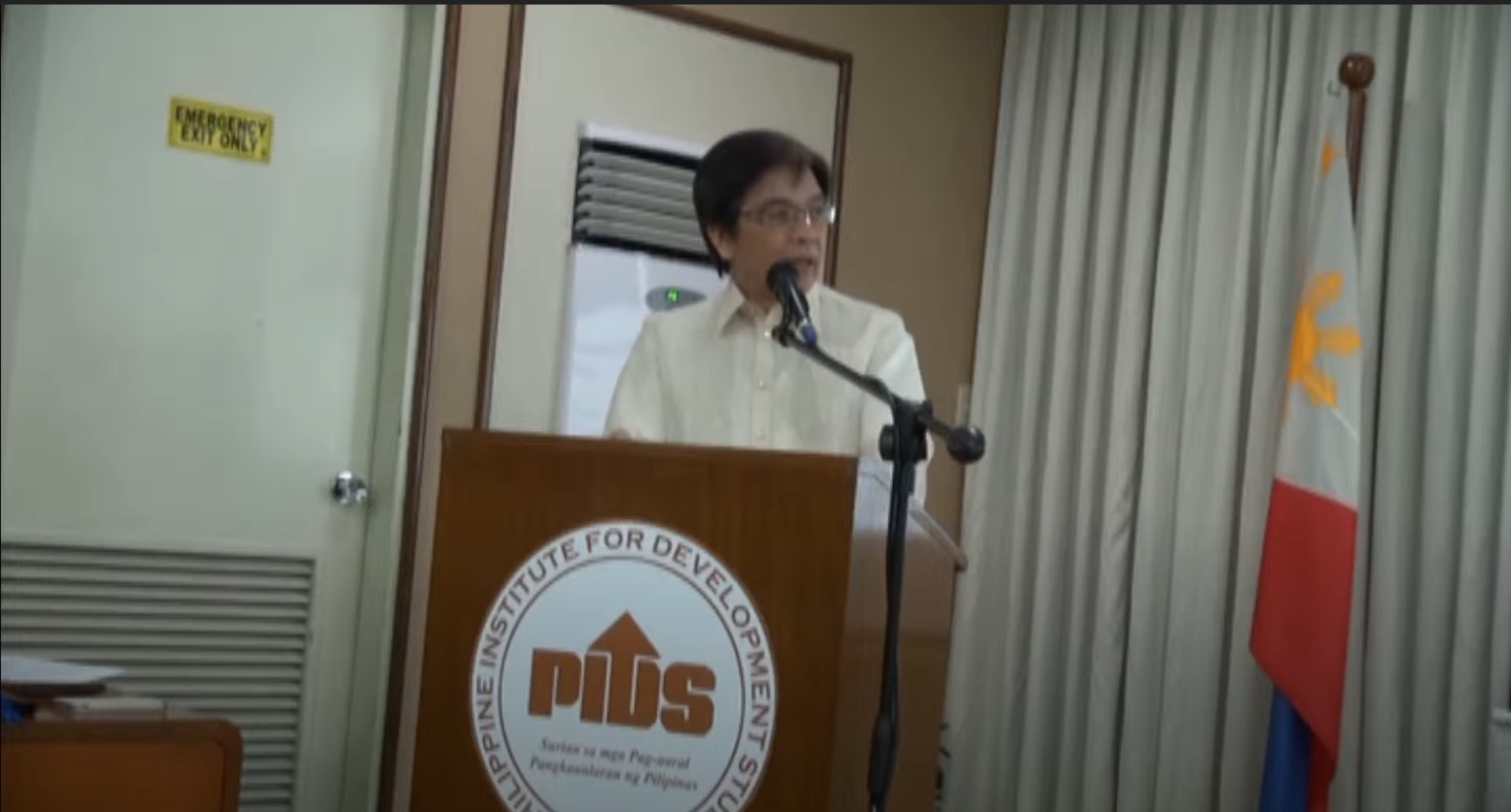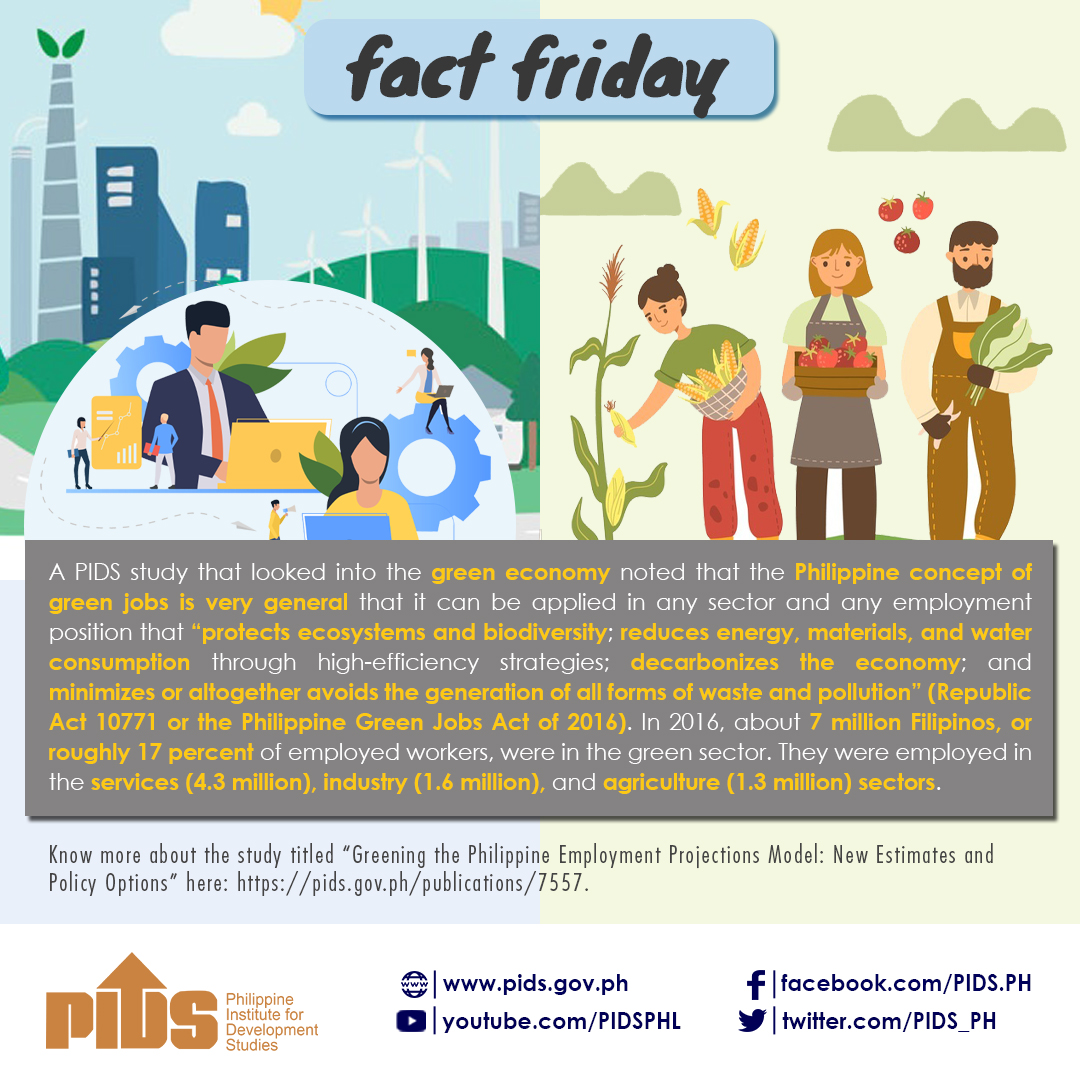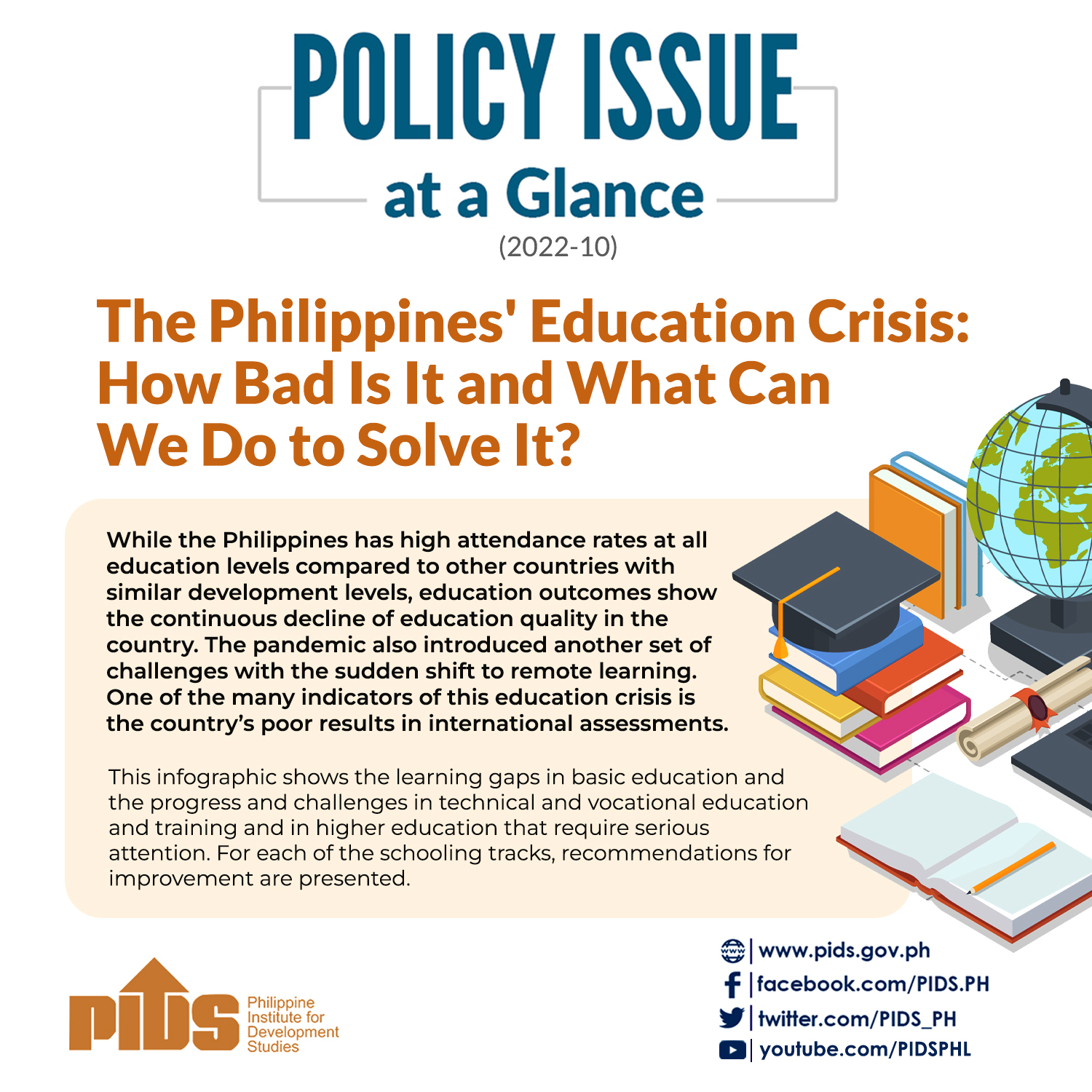MANILA – President Ferdinand R. Marcos Jr. on Thursday expressed support for the proposed establishment of the Private Sector Jobs and Skills Corp. (PSJSC) to address problems on jobs and skills mismatch, one of the major barriers to open more employment opportunities in the country.
In a meeting with the Private Sector Advisory Council-Job Sector Group (PSAC-JSG) at Malacañan Palace in Manila, Marcos acknowledged the importance of creating a body that will serve as the lead organization in coordinating the private sector’s efforts to partner with the government in solving the jobs and skills mismatch problem.
“Well, if it’s private sector-led, then the data gathering function will actually be almost automatic because it’s the private sector that will say ‘these are the things we need’,” the President said during the meeting with business leaders.
The PSJSC’s mission is to organize a “well-coordinated” government-industry-academe national movement to solve the jobs and skills mismatch problem, according to a statement released by Communications Secretary Cheloy Garafil.
The movement, Garafil said, would be joined by the National Economic and Development Authority (NEDA), the Philippine Institute for Development Studies (PIDS), the Department of Science and Technology (DOST), and the Professional Regulation Commission (PRC).
Garafil noted that the creation of PSJSC had been endorsed by Department of Labor and Employment (DOLE) Secretary Bienvenido Laguesma, Socioeconomic Planning Secretary and NEDA director general Arsenio Balisacan, and Trade Secretary Alfredo Pascual who attended the meeting with PSAC-JSG.
Highlighting the need for enhanced public-private cooperation to generate more jobs, Marcos directed the DOLE, the Department of Education (DepEd), the Commission on Higher Education (CHED), and the Technical Education and Skills Development Authority (TESDA) to coordinate with the PSAC-JSG to establish a system that would increase collaboration to reduce the jobs and skills mismatch problem in the priority sectors.
Around 40 percent of employed Filipinos have academic credentials beyond what is needed in their jobs, based on a recent study conducted by the PIDS.
Memorandum of agreement
Garafil said the PSAC-JSG had recommended the signing of a memorandum of agreement (MOA) among the proposed PCSJS, member-agencies of the Philippine Skills Framework Council, and other relevant government entities.
She said the signing of MOA aims to coordinate efforts between the public and private sectors to address jobs and skills mismatch through research, review of academic programs, inventory of job specifications, and skills and training requirements.
“The program eyes to upgrade the skills of the Filipino workforce required by industry standards to accelerate the creation of more jobs in the country’s priority sectors and help the government solve the jobs and skills mismatch problem and deliver skilled workers to those sectors,” Garafil said.
“The proposed body intends to support and align industry demands with the government’s education and skills training programs to further strengthen the labor force’s skills development efforts,” she added.
Garafil said the PSJSC will be aligned with the Philippine Skills Framework and National Labor and Employment Plan which is anchored on the Philippine Development Plan priorities.
Other recommendations
Meantime, the PSAC-JSG had proposed the establishment of a Motorcycle Micro Business Program to fast-track the development and empowerment of motorcycle “nanopreneurs,” Garafil said.
State-run Radio Television Malacañang (RTVM), in a separate statement, said the PSAG-JSG is pushing for the nationwide expansion of the Motorcycle Micro Business Program by issuing an executive order (EO) while waiting for the passage of a law.
To date, there are 18 million motorcycle owners in the Philippines.
Garafil said there was also a recommendation to address the shortage of nurses and help the Philippines become “the number one healthcare services hub.”
The PSAC-JSG sees an opportunity to solve the country’s nursing shortage and make the Philippines as the world’s leading healthcare services hub serving the healthcare needs of Filipinos and the world by issuing an executive order for an “all-of-government and all-of-nation approach,” RTVM said.
The PSAC-JSG, Garafil said, also envisioned the creation of 2 million jobs for “habal-habal” riders to provide transportation services with the highest safety standards.
RTVM said the council’s job sector group had also stressed the need to give “special focus” on public-private partnership of non-agriculture and agriculture enterprises through the Kapatid Angat Lahat Ang Program (KALAP) between the Philippine Center for Entrepreneurship-Go Negosyo and concerned government agencies.
“A replication of the Big Brother Model into other agricultural commodities across the country is also recommended by the PSAC Jobs Committee,” RTVM said.
RTVM noted that select government priorities have been identified and projected to create an estimated 4 to 5 million jobs in the next five years, as well as grow exports.
“These are manufacturing through an extension of the CARS (Comprehensive Automotive Resurgence Strategy) Program that offers government incentives or fiscal support to participating carmakers in exchange for investments for the production of at least 200,000 units of their enrolled vehicle model within six years; retail that includes food, health, beauty and wellness, professional and non-professional services, and creatives; and, digital such as the Motorcycle Micro Business Program,” it said.
Angkas Chief Executive Officer George Royeca and AC Health official, PSAC Healthcare Sector Lead Paolo Borromeo, served as the PSAC resource persons during the meeting, which was also attended by other PSAC proponents.
Also present during the meeting were Vice President and DepEd Secretary Sara Duterte - Carpio, Transportation Secretary Jaime Bautista, and Presidential Adviser on Investment and Economic Affairs Secretary Frederick Go.
PSAC lead convenor Sabin Aboitiz and other members, Jose Ma. Concepcion III, Doris Magsaysay-Ho, Alfredo Ayala, Teresita Sy-Coson, Rizalina Mantaring and Kevin Tan also attended the meeting.












